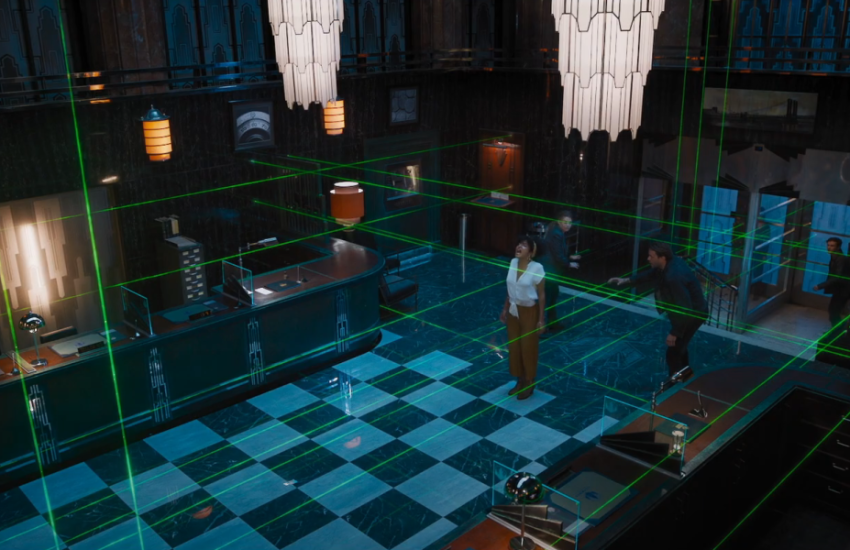Elena Likhach about environmental problems in literature
Environmental problems are one of the most important in our life today. Global warming, which can lead to irreversible changes in the entire ecosystem, deforestation, air pollution. Very often the cause of these cataclysms is unreasonable human activity. Of course, many scientists are concerned about the future of our planet, and they are trying in every possible way to find ways to solve these problems. Unfortunately, this problem did not arise before humanity yesterday, and various writers periodically return to the topic through the prism of their works. As the hero of Alexander Belyaev’s science fiction novel “Amphibian Man” – Professor Salvatore, who, saving his son from an incurable disease, transplanted the gills of a young shark into him. The professor thought that Ichthyander would be able to live on earth and in the ocean, but his experiment failed…
Perhaps the ocean could become a habitat for mankind, but we pollute it with our own hands. With the same hands we are consistently destroying our planet. Back in the 19th century, the hero of the novel I.S. Turgenev “Fathers and Sons” – Evgeny Bazarov said that “nature is not a temple, but a workshop, and man is a worker in it.” However, Turgenev did not share the thoughts of his hero, because Bazarov is alone, his theory is dying, and he himself is dying. And above the grave of the nihilist rises a temple of birches and maples.
The baton of ecological anxiety in the literature of the 20th century was continued by Valentin Rasputin. In the story “Farewell to Matyora” we are talking about the death of the village of Matyora, which stood on the banks of the Angara for three hundred years. People lived there: raised children, took care of the household. Life went on as usual, until some officials came up with the idea that it was necessary to build a dam for a hydroelectric power station, for this it was necessary to flood the village. “Fuses” did not bother to check whether everyone was taken out? Together with the island, living people who did not evacuate are dying, and crosses of the graves remaining on the island are floating on the water …
Destroying nature, people destroy themselves, their conscience, decency and humanity. No matter how the calls for environmental protection sound, nothing will change until all people take responsibility. The great mind that created civilization, deciphered DNA, invented physics and space flight, the same mind produces an unprecedented amount of waste and carbon dioxide, which is a by-product of any production.
And today, environmental problems have not gone away, this was discussed at the seminars, united in the cycle “New Ecological Ideas”, which took place in the cultural center “Frankoteka”. In addition to pressing problems, speakers in Russian and French shared their experience on how to start living in an environmentally friendly way.
Alexander Savitsky’s report on the environmental catastrophe in Astafyev’s novel “Tsar-Fish” was interesting with comparisons to the current reality. The modern poetess Elena Likhach spoke about the “ecology of the soul.” Almost all speakers went beyond the time limit, because it is difficult to invest in strict timekeeping when it comes to anxiety for the future of our planet.
If everyone starts with themselves: clean up the garbage in the forest, don’t make fires, collect garbage on the beach and plant a tree or at least a flower, starting small, perhaps we will come to reasonable consumption, to the transition to alternative energy sources and step step by step, we will be able to heal the most beautiful planet.



